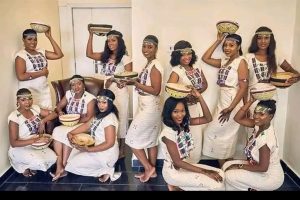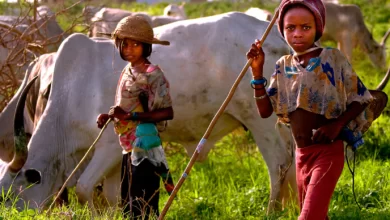FULANI CULTURE
In this article we shall be looking at Fulani culture and it’s enviroment.

The Fulani are traditionally a nomadic, pastoralist trading people. They herd cattle, goats and sheep across the vast dry hinterlands of their domain, keeping somewhat separate from the local agricultural populations. They are the largest nomadic ethnic group in the world and inhabit several territories over an area larger in size than the continental United States. The pastoral lifestyle of the herders’ tribe makes it complicated for a non-member to date or marry a Fulani woman.
The Fulani follow a code of behaviour known as pulaaku, which consists of the qualities of patience, self-control, discipline, prudence, modesty, respect for others (including foes), wisdom, forethought, personal responsibility, hospitality, courage, and hard work. Among the nomadic Fulani, women in their spare time make handicrafts including engraved gourds, weavings, knitting, beautifully made covers for calabashes known as mbeedu, and baskets. The Fulani men are less involved in the production of crafts such as pottery, iron-working, and dyeing, unlike males from neighbouring ethnic groups around them.


